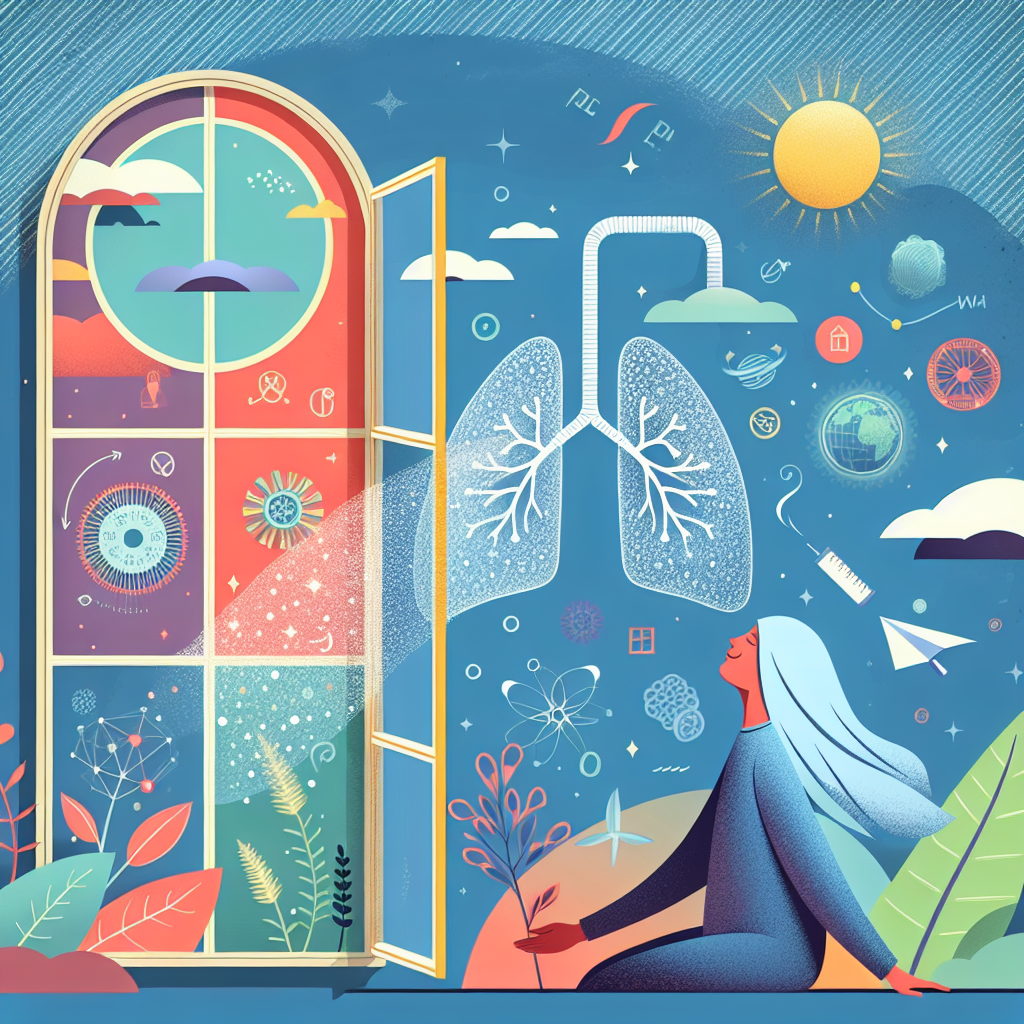Your cart is currently empty!
The Science Behind Ventilation: How it Impacts Health and Well-being

Ventilation is a crucial aspect of indoor environments that is often overlooked, yet plays a significant role in our health and well-being. The science behind ventilation is complex, but understanding how it impacts our daily lives can help us create healthier and more comfortable living and working spaces.
Ventilation refers to the process of exchanging indoor air with outdoor air to improve the quality of air inside a building. This exchange helps to remove pollutants, odors, and moisture, and also provides fresh oxygen for occupants to breathe. Proper ventilation is essential for maintaining healthy indoor air quality, as poor ventilation can lead to a build-up of harmful pollutants and allergens that can negatively impact our health.
One of the key ways in which ventilation impacts our health is through its ability to control indoor humidity levels. High humidity levels can create a breeding ground for mold and mildew, which can trigger allergic reactions and respiratory problems in some individuals. Proper ventilation helps to reduce humidity levels and prevent the growth of mold, creating a healthier indoor environment.
Ventilation also plays a crucial role in removing airborne pollutants such as volatile organic compounds (VOCs) and particulate matter from indoor air. VOCs are chemicals that are emitted from various household products and can cause respiratory irritation and other health problems when present in high concentrations. Proper ventilation helps to dilute and remove these pollutants, improving indoor air quality and reducing the risk of respiratory issues.
In addition to its impact on physical health, ventilation also plays a role in our mental well-being. Poor ventilation can lead to a stuffy and stale indoor environment, which can negatively affect our mood and cognitive function. On the other hand, proper ventilation can create a fresh and invigorating indoor environment that promotes productivity and overall well-being.
There are several factors to consider when it comes to ventilation, including the design of the building, the size and placement of windows, and the use of mechanical ventilation systems. It is important to ensure that indoor spaces are properly ventilated to maintain a healthy and comfortable environment for occupants.
In conclusion, the science behind ventilation is a complex yet crucial aspect of indoor environments that impacts our health and well-being in numerous ways. By understanding the importance of proper ventilation and taking steps to ensure that indoor spaces are adequately ventilated, we can create healthier and more comfortable living and working environments for ourselves and future generations.

Leave a Reply